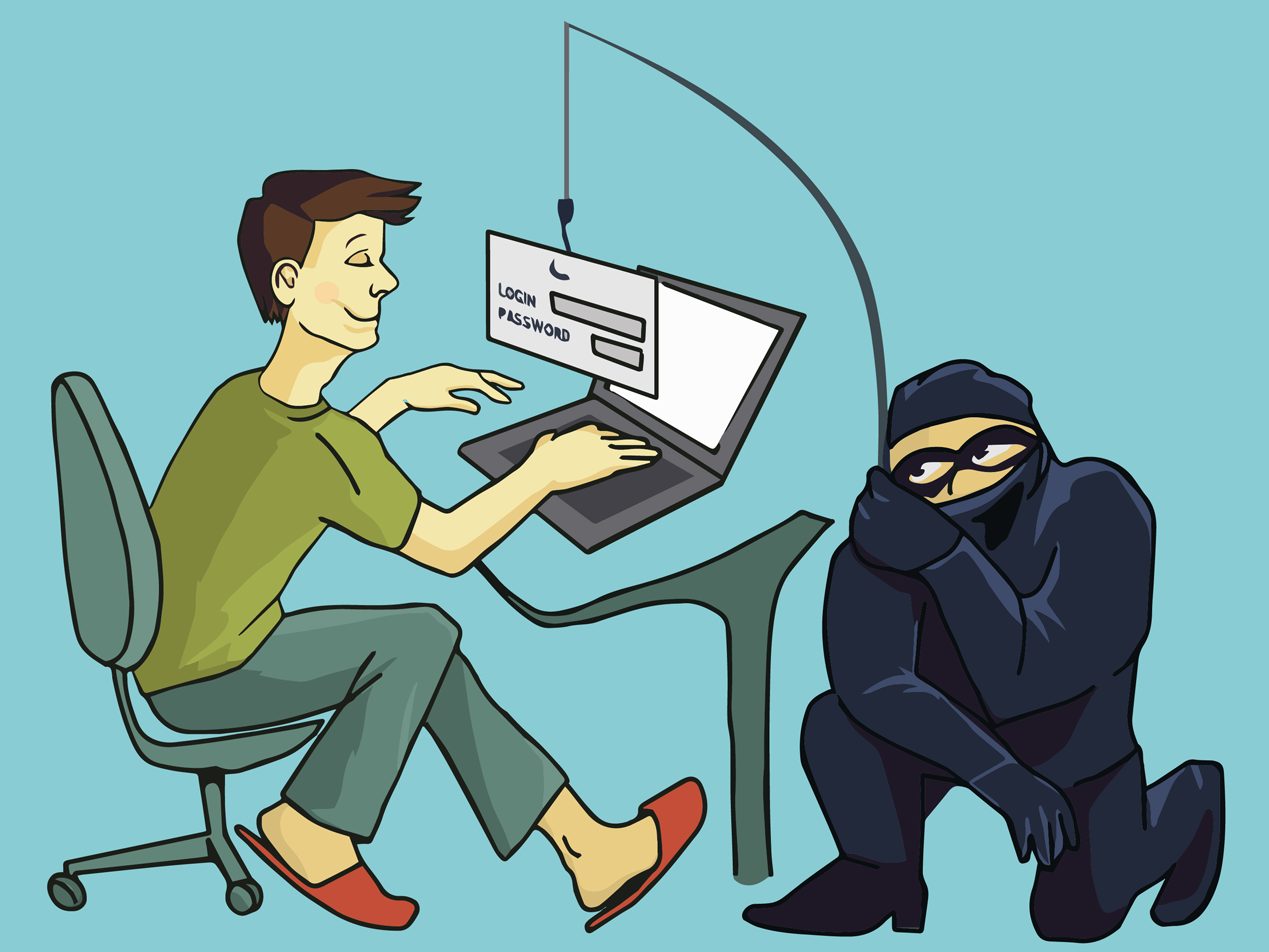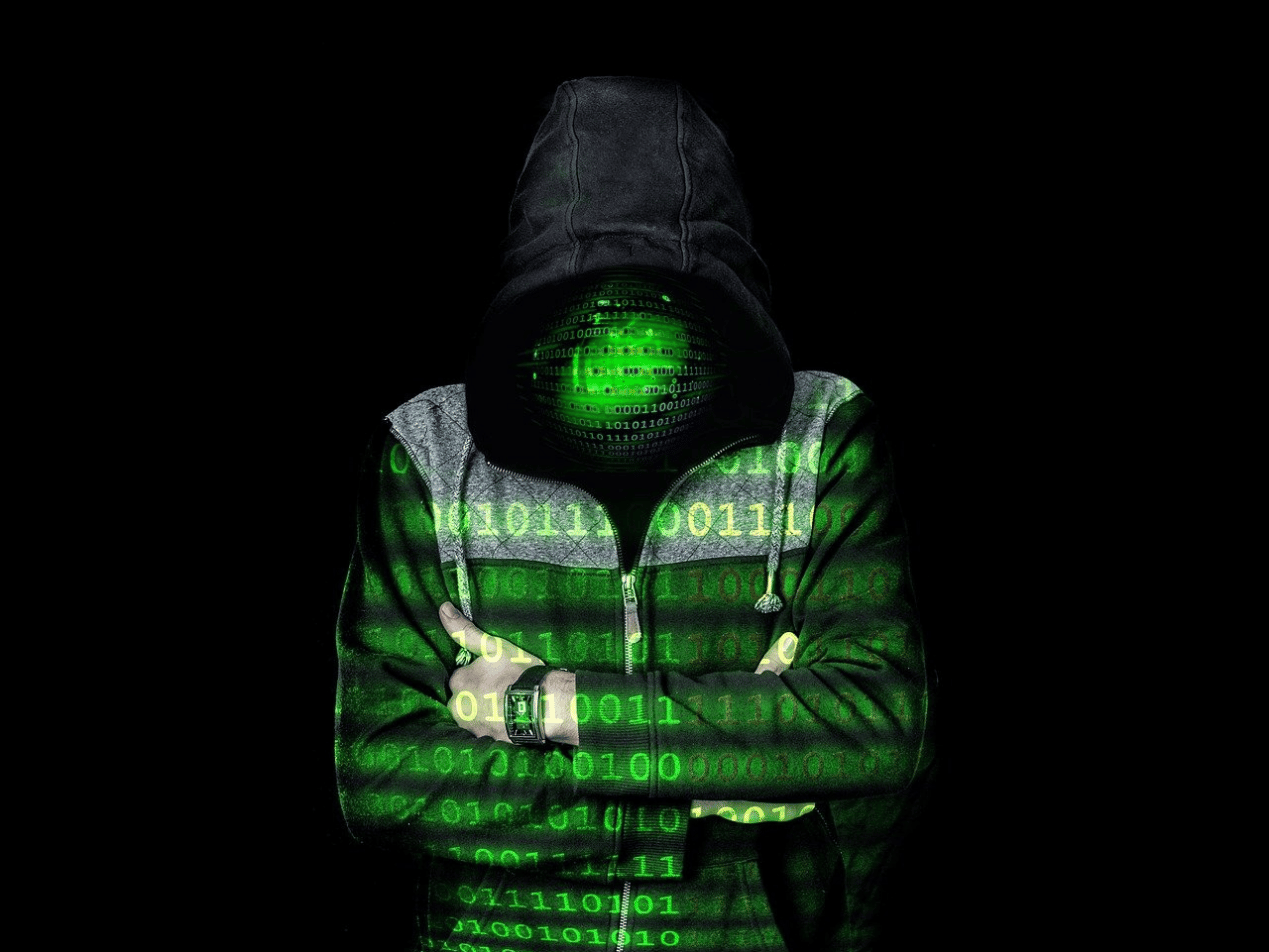
While we dislike saying it, it’s true. Human error is inevitable. We all make mistakes. But when people rely on you, a shrug and an “oops” are not enough. Especially when it comes to cybersecurity. And especially for covered entities and their business associates, balancing patient care with safeguarding protected health information (PHI) and ensuring HIPAA compliance.
RELATED: HIPAA Stands For . . .
But rather than stress about unavoidable human error, healthcare providers should utilize strong cybersecurity measures from the onset that takes the onus off of people to protect their data. Such defenses, especially email security (i.e., HIPAA compliant email), will not only counteract inevitable mistakes but provide peace of mind to all involved parties.
Oh, the humanity!
According to researchers, over 330 million people across 10 countries were victims of cybercrimes in 2020. One of the reasons given is that there are more people online than ever before, likely due to the COVID-19 pandemic. Most things, including school, entertainment, and groceries moved online. And not all companies armed their new remote workforces with proper password policies, access controls, or basic cybercrime avoidance techniques.
RELATED: What You Don’t Know About Cybersecurity Can Put Your Business at Risk
Moreover, organizations seem(ed) unsure how to handle the changes. Needed are clear remote-work training strategies as well as policies and guidelines that encourage best practices. Even more so for employees that tend to be tired and/or stressed. Why wouldn’t blunders occur? And why wouldn’t cybercriminals take advantage of the situation?
Phishing and malware
Cybercriminals love to tempt people through phishing and/or social engineering techniques, utilizing malware (malicious software) such as viruses, adware, spyware, and ransomware. Some attacks are targeted (i.e., spear phishing) while others are sent en masse (i.e., spam). Moreover, email is the most utilized threat vector (or entry point) into any computer/network. Indeed, the Paubox HIPAA Breach Report for May 2021 tallied email breaches as affecting 460,712 individuals.
RELATED: Healthcare Firms Targeted by Ransomware Group
Regrettably, the damage that a cyberattacker can do once in a system can be detrimental beyond monetary costs. Recent cyberattacks on critical U.S. infrastructures, such as on Colonial Pipeline, demonstrate why some are calling the current virtual attacks a ransomware epidemic.
How does HIPAA compliance help?
HIPAA (the Health Insurance Portability and Accountability Act of 1996) is U.S. legislation that protects the rights and privacy of patients. It ensures that healthcare providers take appropriate measures to combat PHI fraud and abuse. One of its requirements is that a healthcare provider must perform a HIPAA risk assessment to understand the best approach to cybersecurity. That is, to understand the technical, physical, and administrative safeguards that provide the best (but simplest) defenses tailored to meet every organization’s needs. Furthermore, HIPAA makes certain that employee awareness training is a necessity while maintaining strict policies on:
- Mobile device and/or personal accounts (e.g., social media) usage
- Credential sharing
- Where/when to access work (i.e., keeping screens safe)
- Recognizing and blocking malicious email
- Access controls (e.g., strong password policies) and physical safeguards
- Encryption and antimalware software
- Firewalls and VPNs
- Patched and up-to-date devices
And of course, email security.
Email security–ease employees’ responsibilities
Given the obvious vulnerability of employees, healthcare providers must use strong email security. Sending HIPAA compliant email is critical to protecting patient data and an organization’s network.
RELATED: Compromised Employee Accounts Are an Expensive Problem According to IBM Report
Paubox Email Suite Plus is the solution for your email security needs. It offers robust inbound security that stops threats from entering an employee’s inbox, so they won't be tempted to click on a malicious link. For example, our solution includes our latest security feature, Zero Trust Email, which authenticates mail servers and protects users from receiving phishing emails. And our patented ExecProtect feature combats display name spoofing.
Paubox also sends emails encrypted by default. Employees send emails with their current email provider, such as Google Workspace or Microsoft 365, without having to worry about deciding if an email contains PHI or typing the word encrypt in the subject line (and spelling it correctly, for that matter). At the same time, patients don't need to use patient portals to communicate since these emails are securely sent directly to their inbox. Ultimately, this means that employees don’t have to worry about being the weakest link and can focus on what’s important: patient care.
Human error may be inevitable but that doesn’t mean healthcare providers can’t fight back with strong cybersecurity today.
Subscribe to Paubox Weekly
Every Friday we bring you the most important news from Paubox. Our aim is to make you smarter, faster.




